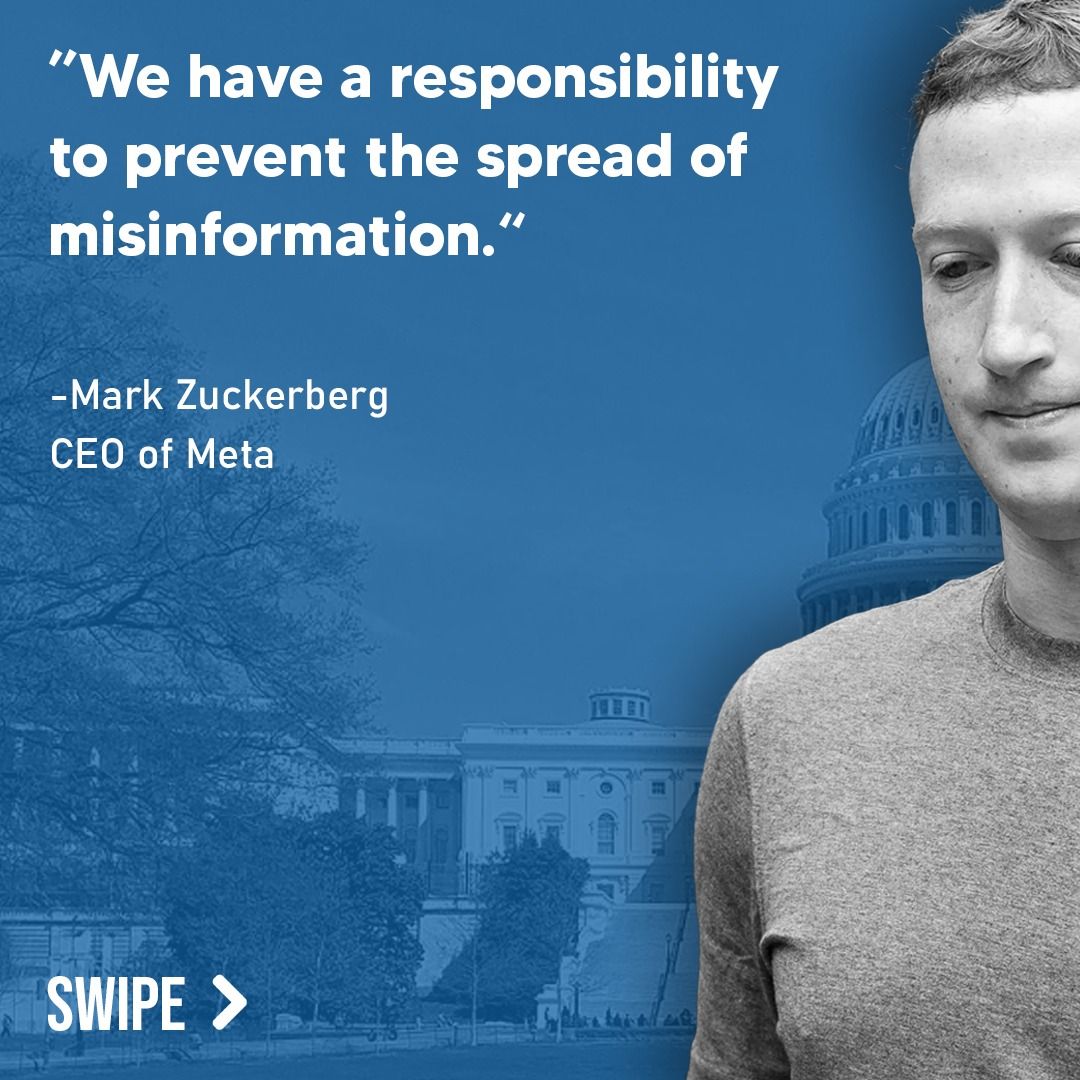
Introduction
With Senate Majority Leader Chuck Schumer’s unexpected decision to support the GOP funding bill, the Democratic Party is facing internal turmoil. Many within the party are expressing disappointment, while House Democrats are questioning the strategy. This fact-check analyzes the claims made in a recent CNN article to uncover the truth behind Schumer’s reversal, the potential beneficiaries of the decision, and whether the article fairly represents the situation.
Historical Context
The U.S. government has frequently faced shutdown threats due to partisan divisions over funding bills. Government shutdowns occur when Congress fails to pass a budget or a temporary spending bill, leading to federal agencies ceasing operations. Over the past decade, both parties have used shutdowns as political leverage, often blaming the opposing side. In this case, the debate over stopping a shutdown has been further complicated by the influence of former President Donald Trump and billionaire Elon Musk, as referenced in the article.

Fact-Checking Specific Claims
Claim #1: Schumer had no alternative but to back the GOP funding bill
The article suggests that Schumer’s decision was inevitable due to the risk of Republicans prolonging a shutdown for “months and months.” However, this overlooks alternatives such as negotiating a bipartisan compromise with moderate Republicans or using public pressure to shift blame for a shutdown. Historical precedent shows that shutdown blame is often contested, and minority parties have previously influenced shutdown resolutions. Therefore, the assertion that Schumer had no choice lacks sufficient evidence.
Claim #2: The article repeatedly attributes Democratic frustration to Elon Musk’s influence
The article references Musk multiple times, implying that Senate Democrats’ decision was influenced by his actions. However, there is no clear evidence that Musk played a direct role in the funding bill decision. While Musk is frequently vocal in politics, linking his influence directly to Senate dynamics requires more concrete proof. This reliance on Musk as a narrative element may introduce bias by shifting focus away from concrete legislative discussions.

Claim #3: The bill includes significant cuts to veterans’ services and disaster relief
Senator Ruben Gallego is quoted as stating that the bill “cut veteran services by $1.2 billion, FEMA by $300 million.” This claim requires verification against the actual text of the funding bill. Based on publicly available budget proposals, these cuts align with broader GOP efforts to reduce spending, but further details are needed to confirm the exact figures. Without official funding breakdowns, this claim remains partially substantiated but requires additional review.
Conclusion
The CNN article accurately captures the Democratic frustration over Schumer’s decision but presents certain claims without full context. The suggestion that Schumer had no alternative is questionable, and repeated references to Musk may introduce bias. Additionally, while budget cuts cited by Senator Gallego are likely accurate, verifying exact figures requires checking official government documentation. Overall, the article provides a mostly factual but slightly framed perspective, particularly with its emphasis on Musk’s influence.

Encourage Readers to Take Action
Want to fact-check the latest political news? Download the DBUNK app today to uncover the full truth behind headlines and stay informed.
Link to Original Article

